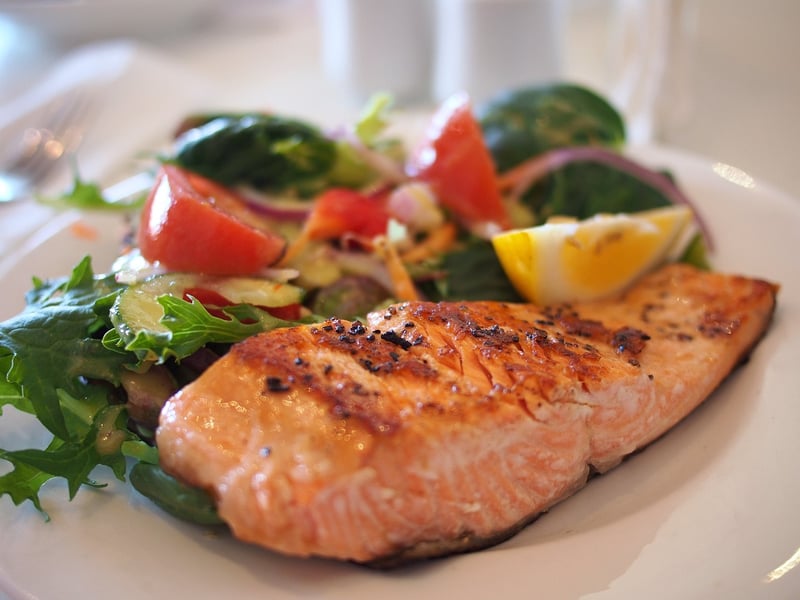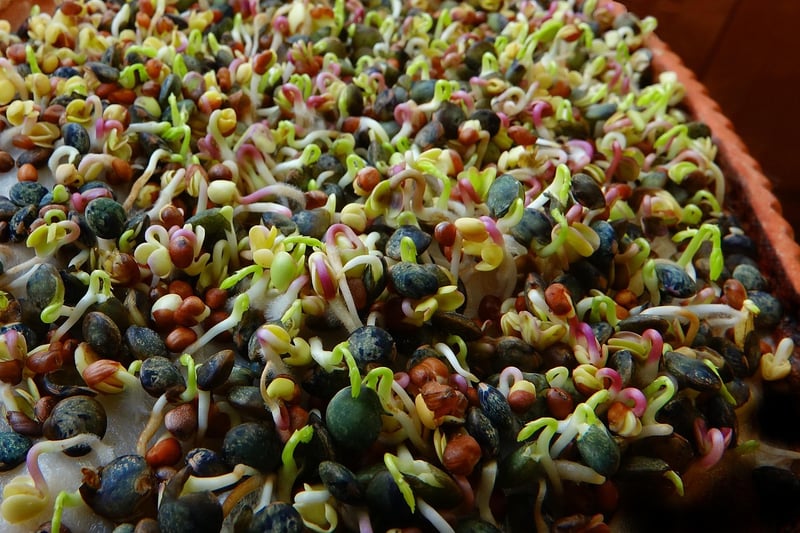Nutrient-Rich Foods
Guidance for Healthy Eating and Nutrient-Rich Foods
Eating a balanced diet that includes a variety of nutrient-rich foods is essential for overall health and well-being. By making smart food choices, you can fuel your body with the necessary nutrients it needs to function optimally. Here are some tips and examples of nutrient-rich foods to incorporate into your diet:
1. Fill Half Your Plate with Fruits and Vegetables
Colorful fruits and vegetables are packed with vitamins, minerals, antioxidants, and fiber. Aim to include a variety of colors to ensure you're getting a range of nutrients.

2. Choose Whole Grains
Whole grains provide important nutrients like fiber, B vitamins, and minerals. Opt for whole grain bread, brown rice, quinoa, and oatmeal over refined grains.

3. Include Lean Proteins
Protein is essential for building and repairing tissues. Choose lean sources of protein such as poultry, fish, beans, and legumes to reduce saturated fat intake.

4. Don't Forget Dairy or Dairy Alternatives
Dairy products are rich in calcium and vitamin D, important for bone health. If you're lactose intolerant or vegan, opt for fortified plant-based alternatives like almond or soy milk.

5. Limit Added Sugars and Saturated Fats
High intake of added sugars and saturated fats can lead to various health issues. Be mindful of sugary drinks, sweets, and processed foods high in unhealthy fats.
6. Stay Hydrated
Water is crucial for overall health. Aim to drink plenty of water throughout the day and limit sugary beverages.

By following these dietary guidelines and including nutrient-rich foods in your meals, you can support your health and well-being in the long run. Remember, small changes in your eating habits can lead to significant benefits for your overall health.
For more information on healthy eating and nutrition, consult with a registered dietitian or nutritionist.
